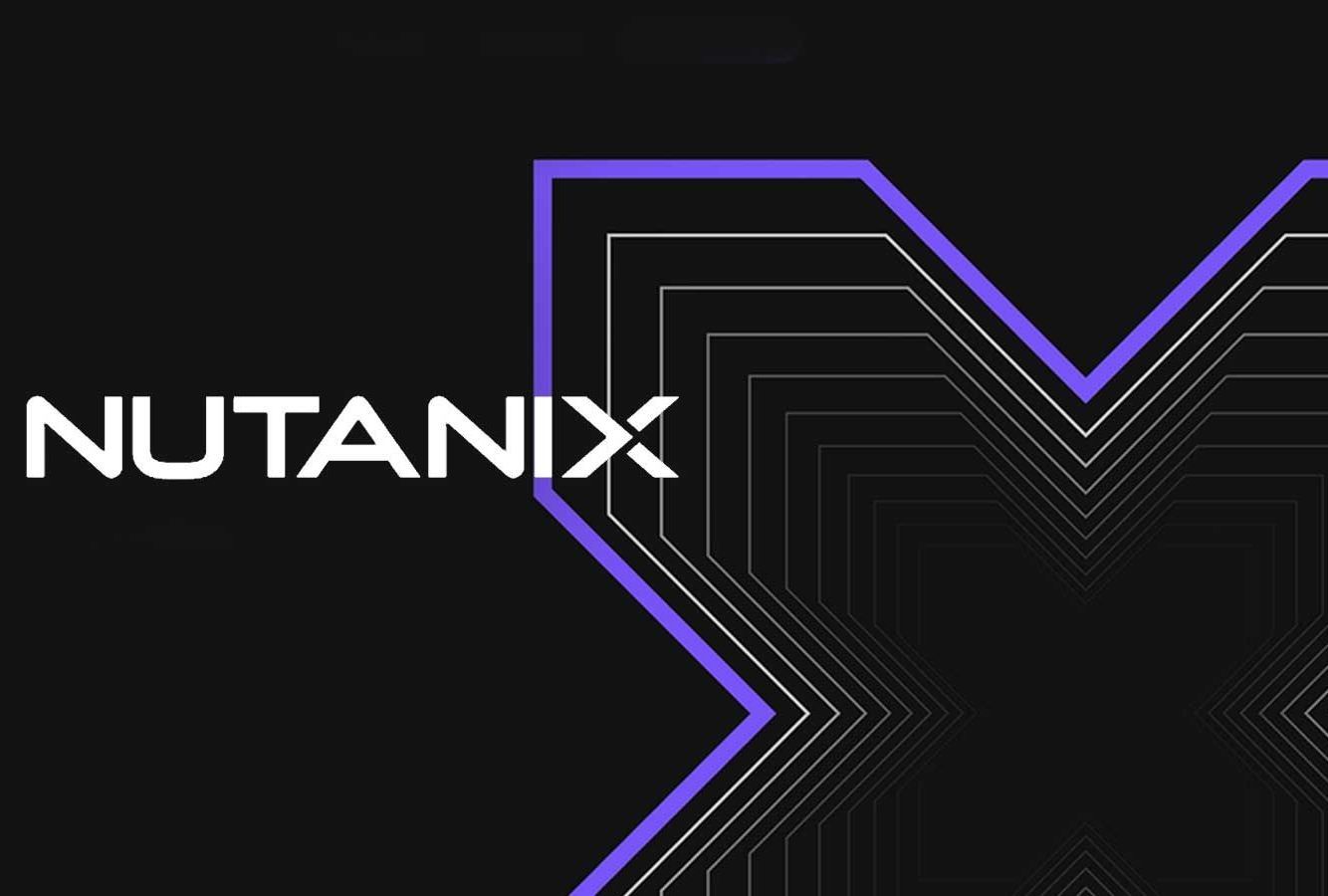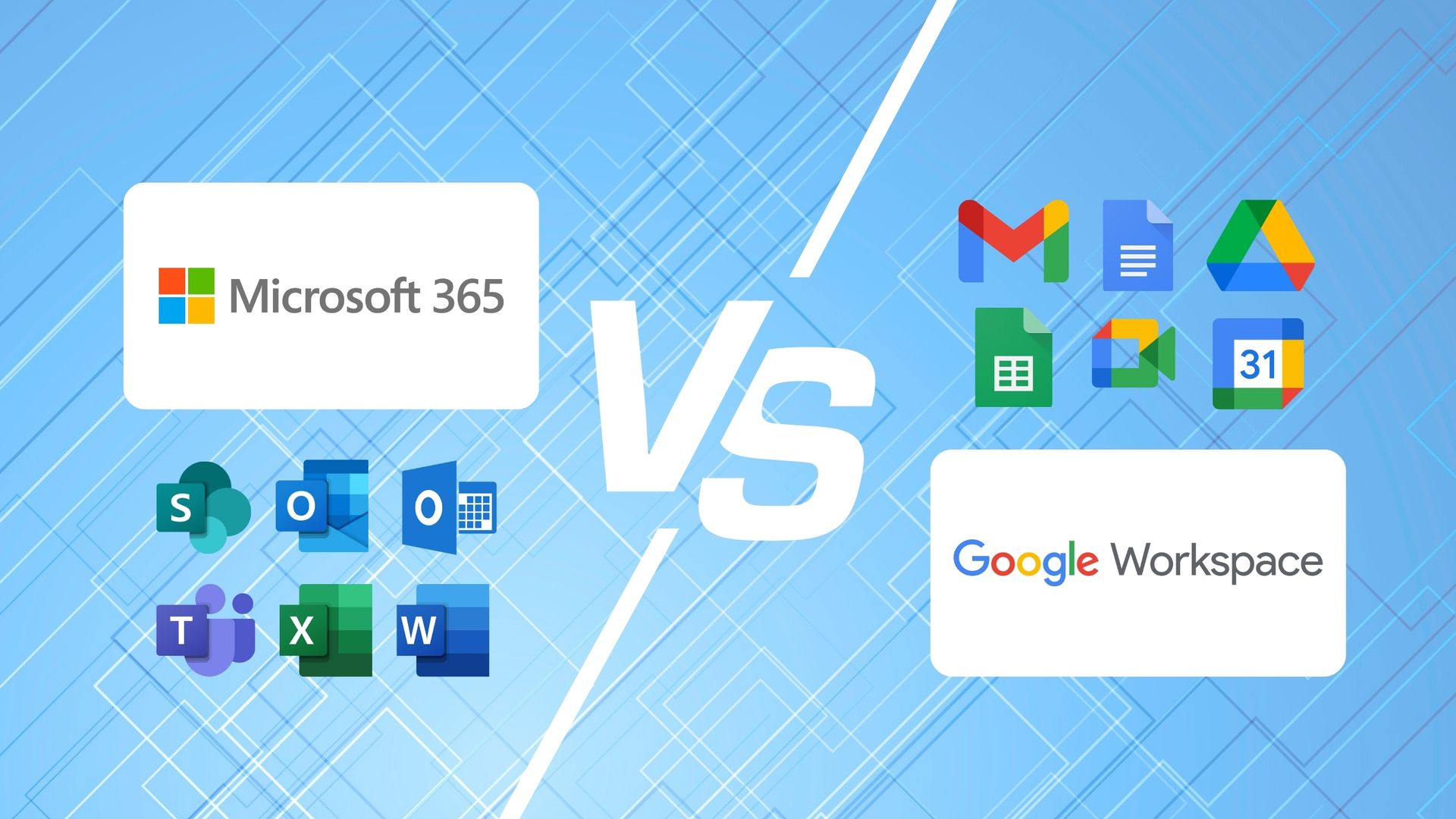Important Managed IT Questions
Asking these important questions will help you make an informed decision when selecting your next IT managed services provider and ensure a successful partnership that meets your business objectives.
- What is Your Experience and Expertise?
- Inquire about the provider's track record, industry experience, and technical expertise to ensure they can meet your specific IT needs.
- What Services Do You Offer?
- Understand the range of services offered, including network management, cybersecurity, cloud solutions, and help desk support, to determine if they align with your requirements.
- How Do You Ensure Data Security?
- Discuss the provider's approach to data security, including encryption methods, compliance measures, and protocols for handling sensitive information.
- What is Your Response Time for Support Requests?
- Determine the provider's response time for resolving issues and providing technical support to minimize downtime and disruptions to your business operations.
- Can You Provide References or Case Studies?
- Request references or case studies from previous clients to assess the provider's reliability, customer satisfaction, and ability to deliver results.
- Do You Offer Scalable Solutions?
- Inquire about the provider's scalability options to accommodate your business growth and evolving IT needs without significant disruptions or additional costs.
- What is Your Disaster Recovery Plan?
- Understand the provider's disaster recovery plan, including backup solutions, recovery procedures, and measures to mitigate risks and minimize data loss in the event of an unforeseen catastrophe.
- How Do You Stay Updated with Technology Trends?
- Discuss the provider's approach to staying abreast of emerging technologies, industry trends, and best practices to ensure your IT infrastructure remains current and optimized.
- What Are Your Contract Terms and Service Level Agreements (SLAs)?
- Review the provider's contract terms, SLAs, and pricing structures to ensure transparency, accountability, and alignment with your budget and expectations.
- How Do You Handle Client Feedback and Continuous Improvement?
- Inquire about the provider's process for soliciting client feedback, addressing concerns, and implementing continuous improvement initiatives to enhance service delivery and customer satisfaction.
Click Here for your very own
Technology Partner!












